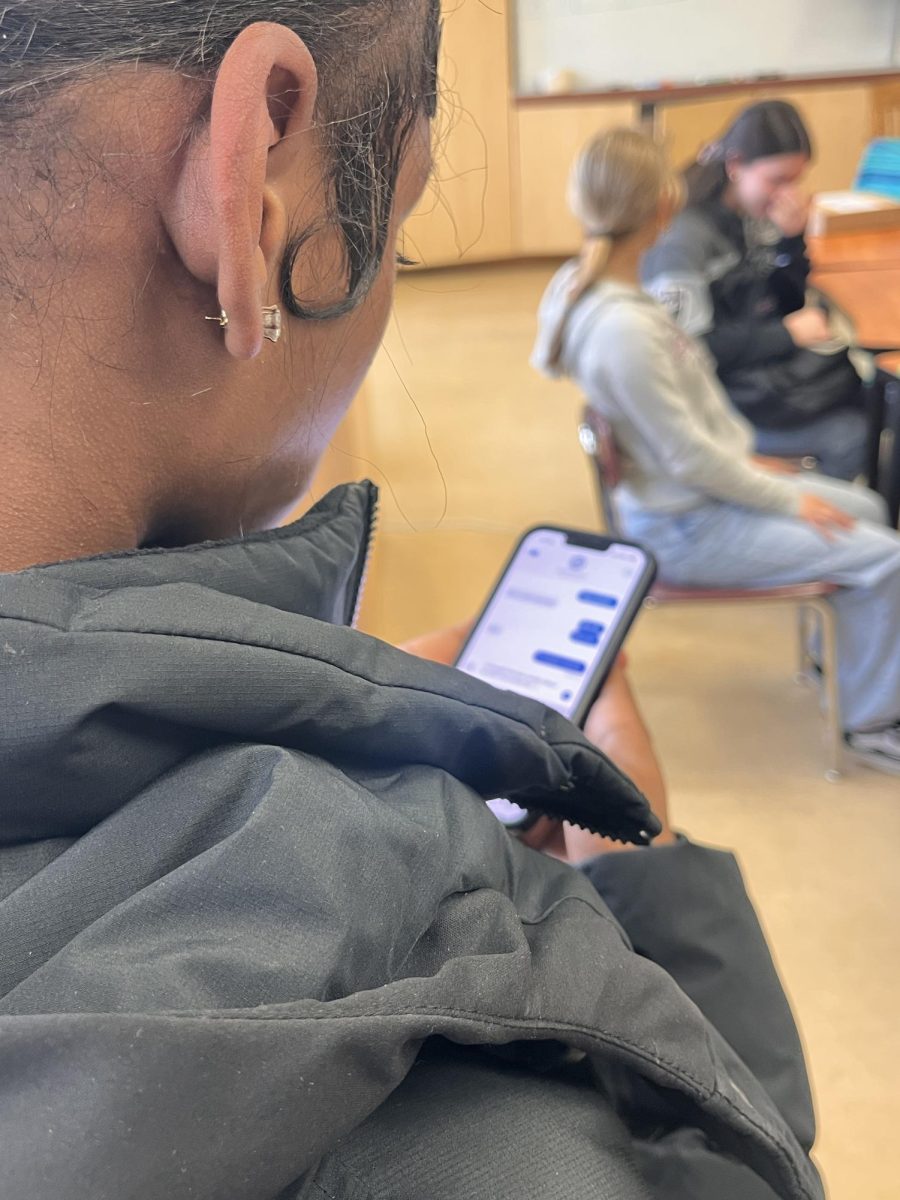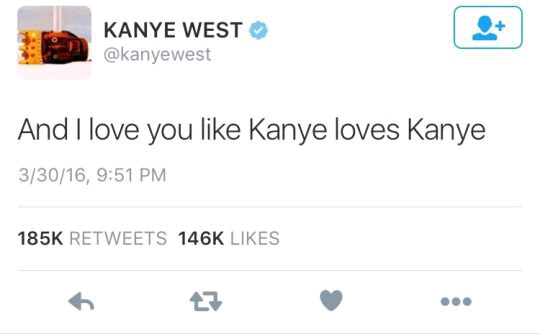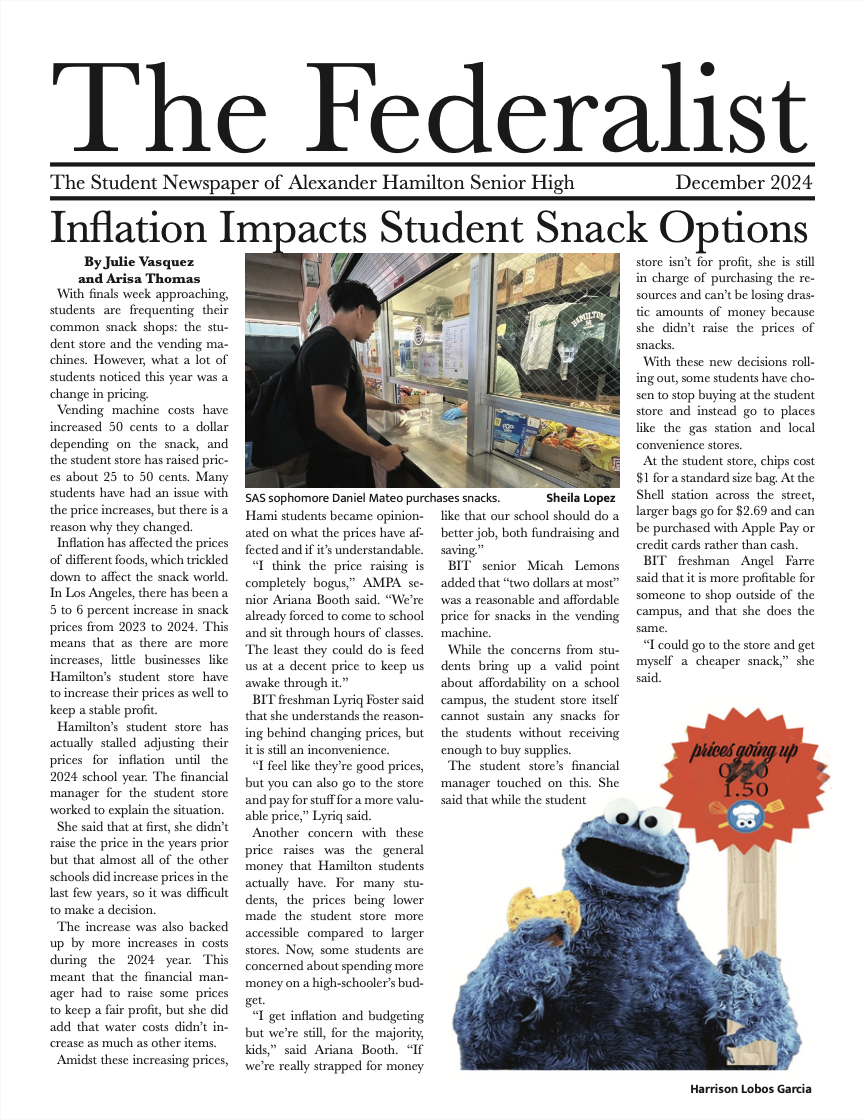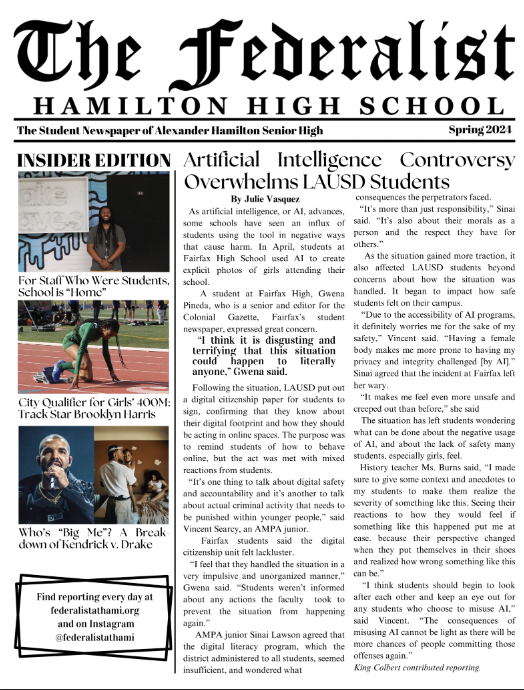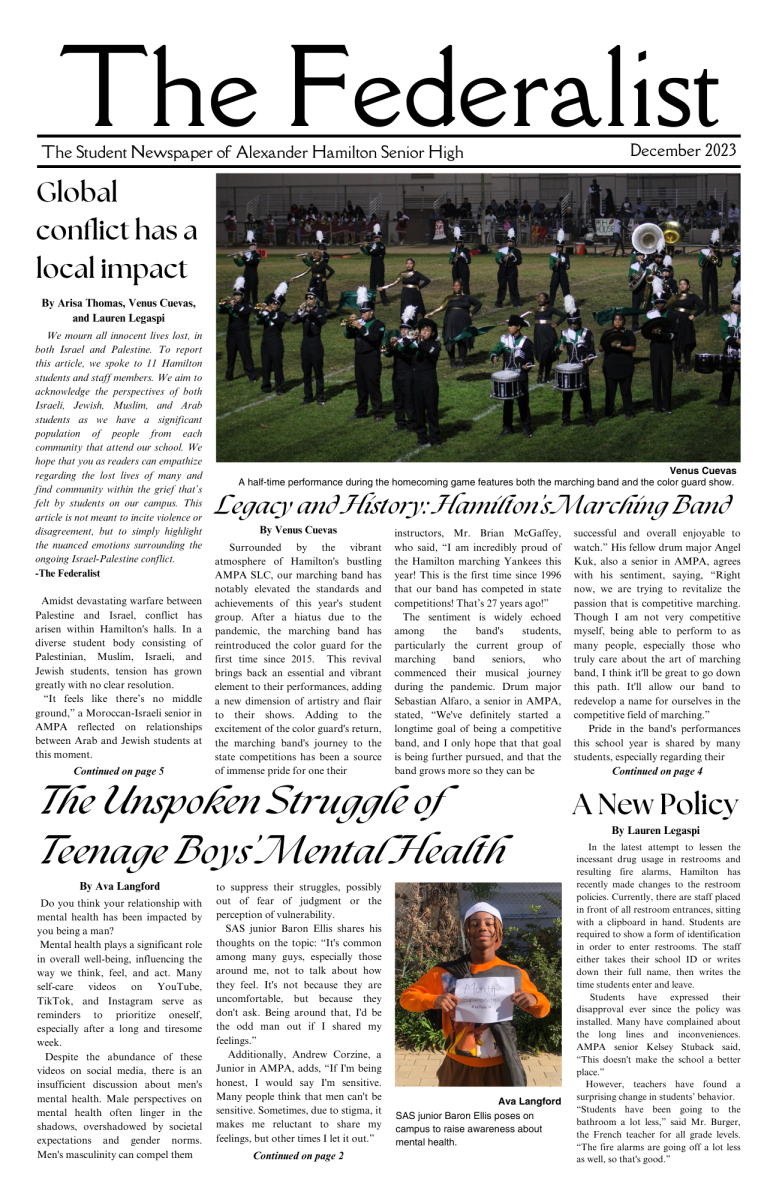Kanye has been a dominant name in the media since his rise to fame in the 2000s, and he’s been making headlines since with his bold actions and outspoken opinions – specifically those shared on Twitter (now X). His tweets used to garner attention for their spontaneity and often egotistical nature.
Now, they’ve been gathering attention for the wrong reason. His tweets have become increasingly controversial since 2022 when he shared a series of antisemitic statements. 3 years later, he is still promoting Nazis and endorsing Hitler – on top of many other things. He posted pornography, made tweets defending P Diddy, claimed dominion over his wife, and even dissed deceased designer and friend of his, Virgil Abloh. His tweets were entirely unpredictable until he made a dramatic exit, thanking Elon Musk for allowing him to express his views and even comparing it to a spiritual journey. Now, a search for his name leads to an empty profile reading “This account doesn’t exist.”
“I think Kanye’s outbursts are like a cry for attention, and as a fan of his music it’s extremely disappointing,” said Aahana Holmes, a senior in humanities.
His outburst could be credited to him recently disclosing that he has stopped taking his bipolar medication. Instead, he says he was misdiagnosed and actually has ASD (autistic spectrum disorder). Whether or not this is true is unknown to the public, but we all have learned to associate his erratic tweets with manic episodes since his reveal of his bipolar diagnosis in 2018 – which makes many people find that hard to believe.
“I think being so manic to the point that you believe you’re not bipolar is the most bipolar thing ever,” Aahana commented.
His very public episode, where he made it clear that he felt he was untouchable, aligned perfectly with the symptoms of mania. It’s important, however, to make clear that bipolar disorder is not a justification for his very controversial statements.
“I believe his outbursts might affect how people view mental health since he has such a large and powerful platform,” said SAS senior Miley Fuentes. “His hurtful comments may lead people to believe that others struggling with mental health may be a threat to their surroundings, which obviously isn’t the case for most.”
Humanities senior Laura Lavetts shares a more compassionate approach. “Despite it all being crazy, I do feel some sort of sympathy towards him because it takes a lot to lose so much. I don’t think he’s mentally stable and I don’t think he understands how damaging his statements are, but that doesn’t make it right.”




